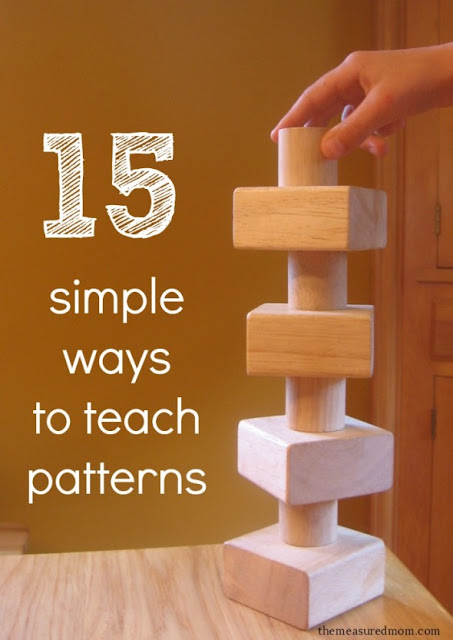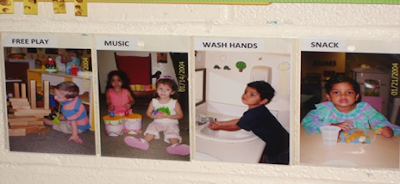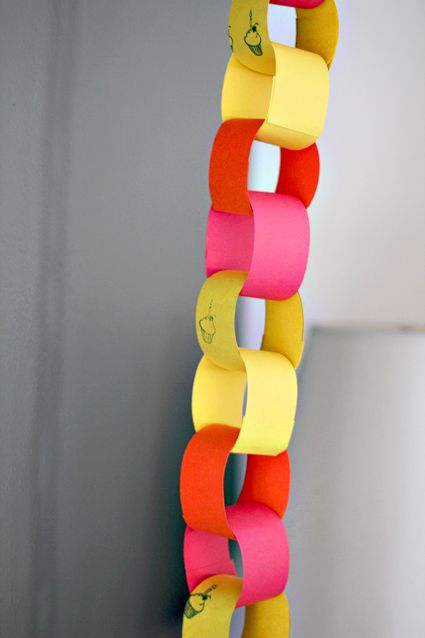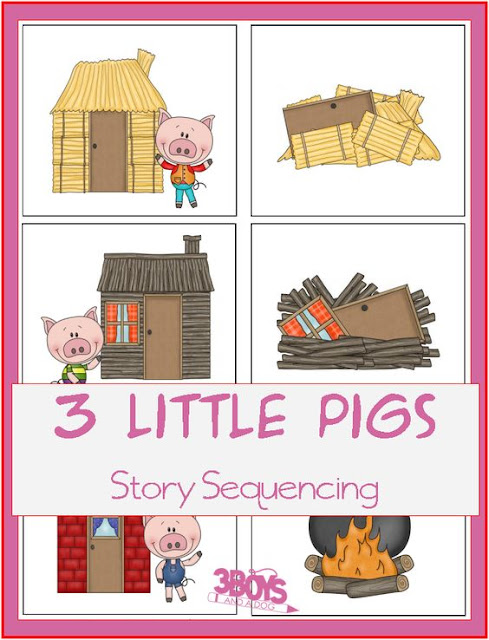To Calendar or Not to Calendar
Under the subject of providing meaningful group experiences for
children we are often asked about the best way for teachers to use the
calendar. It is one of those group time
routines that has been done in preschool classrooms for decades, but that alone
doesn’t mean it is a relevant learning experience for children. So why do many
teachers incorporate the calendar every day, and what is the benefit that they
see in it for children?
The
National Association for the Education of Young Children has a discussion board
called, Hello. In it, the subject of calendar time has been a very active
thread. Below are some thoughtful quotes
from participants on the board.
“I had a student teacher who was working with five year-olds. They had
been through the program since 3 and every year, every day they did the
calendar. My student teacher shared that after three years the students could
not tell him what day of the week it was, the month, or even the date. They did
not recognize any one element on its own. Only in sequence as it was recited.
This is simply not learning. It is memorization.”
Teachers will often share that the children look forward to the
calendar time during group, stay engaged and clearly enjoy the activity. We
know that children like to participate in familiar classroom routines, so
perhaps the positive response that teachers are witnessing is just children’s
excitement about the routine of the activity, not the actual learning. Here is another thought shared on the NAEYS’s
Hello board:
“Just because children are perhaps reciting this accurately does NOT
mean that they understand it or know what to do with that information.
This is one of many non-developmentally appropriate practices that I
observe in many early childhood settings, and teachers and parents feel impressed
by the children's false positive performance.”
So
should we completely do away with the calendar and wait for kindergarten to be
the first time to introduce the idea? What are children expected to know about
the calendar when they begin kindergarten?
According to the Scholastic article, Ages and Stages: How ChildrenDevelop a Sense of Time, 5 and 6 year-olds are still not able to fully
grasp the meaning of time because it is an abstract concept. However, by defining time by recognizable events,
children this age can begin to tie the abstract concept back to happenings that
have concrete meaning to them. Here is a modified approach a teacher takes in
her classroom (from the NAEYC Hello
board):
“I've worked with 2-5 year olds in different classrooms and the most
useful calendar activity I've found is to have only a weekly grid (7 spots)
with the goals of identifying where we are in the weekly cycle (day of the
week) and to review our plans for the day (i.e., if we will have music or PE,
library or buddies, etc.) so they know what to anticipate. The grid is
labeled with days of the week only. I then use simple clip art to
indicate which days are school days/home days. Then below that I will
post additional, simple, labeled clip art to represent the different plans we
may have that particular day. The first few times in the year I lead the
routine but once established (and it always happens quickly) I often ask one of
the kids to help explain the calendar to the rest of the class. They can
utilize a pointer as we sing a days-of-the-week song and confirm which day it
is and to explain what plans we have for the day. This routine is quite
brief but touches on many early skills that I hope to support in the children's
development: comfort and confidence standing in front of a group; oral
language speaking to the group; patterning with days of the week, home days vs.
school days; counting with 1:1 correspondence if we talk about how many more
days till a home day or how many home days till we see each other again;
working memory with picture recognition/representation; and more. At the
end of the school day when we review what we've done and touch on what we'll do
the next day, we revisit the calendar. Did we do ...? How did you feel
about ...? Is tomorrow a school day? Then sing a closing song which
includes the lyrics of "I'll see you another day, on ___day."
When a long weekend is coming or an extended school holiday, I switch out
school picture cards with home cards to provide the visual cue. While I
can completely understand why some teachers don't find the calendar as a
necessary or helpful part of the circle routine, this has worked well for me.”
In the article, Calendar Time for Young Children: Good Intentions Gone Awry, it is
stated that the ability to judge the relative time from a past event or until a
future event in terms of the calendar year is not in place until sometime
between 7 and 10 years of age. So the question of how to prepare children to be
ready to learn this concept isn’t answered by exposing them to calendar time
three or more years in advance of the emergence of this skill. Instead, we need to look at what important learning
concepts should be supported to truly prepare children.
Here are a few ideas:
Help children notice patterns in the environment and in their work.
Use picture schedules to
help children track their day.
Use documentation displays to help children
understand and verbalize events in the classroom.
Linear representations, such as paper chains to
count down events.
Sequencing games to master
the concepts of before, during and after.
One last point in the article mentions that it is
important for children to develop confidence in their ability to understand and
use math and other cognitive concepts. It states, “Lengthy
daily calendar sessions in which a teacher expresses the expectation that young
children will understand the workings of a calendar run counter to this
position.” So instead of preparing
children for understanding how time works and how we can use a calendar as a
tool to plan and understand time, we can
actually be inhibiting children’s ability to learn this important executive
skill by introducing and expecting children to perform it too early.
We’d love to hear your thoughts about this
subject. What do you think about
calendar time in the preschool years?







Comments
Post a Comment